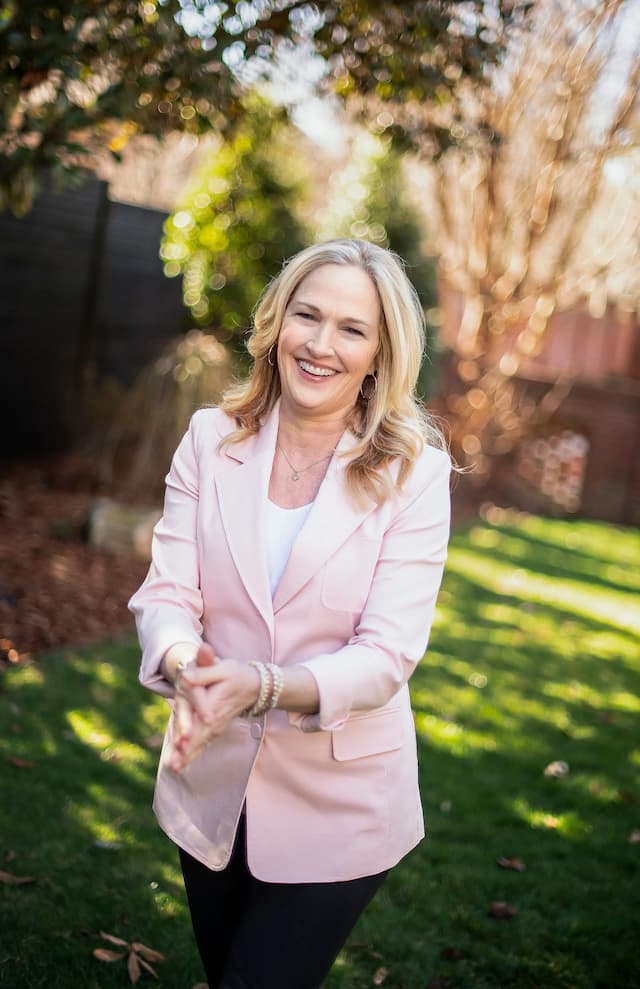Ruined (Genesis 7)
God’s partnership with humans broke down. Cain went out from God’s presence (4:16) to build a city that trusted violence for justice (4:23). The rest of Adam’s family (Genesis 5) exchanged God’s values for what seemed “good” to them (6:2), lauding the strong fighters, the heroes of old, the men of renown (6:4). They only thought about doing evil to each other (6:5). God grieved he had made humans (6:7), for the earth God entrusted to us was now corrupt, filled with violence (6:11).
For God’s partnership with us to work requires at least one person. In Noah, God finds a way to rescue the earth. God saves Noah by teaching him to build a preservation box (ark), and Noah saves the creatures entrusted to human care (6:19) because Noah did everything just as God commanded him (6:22).
Genesis 7 then recounts the destruction of the world that God’s partners had already destroyed, and Genesis 8 describes the rescue of the earth.
Genesis 7:1-5 (NIV)
1 The Lord then said to Noah, “Go into the ark, you and your whole family, because I have found you righteous in this generation. 2 Take with you seven pairs of every kind of clean animal, a male and its mate, and one pair of every kind of unclean animal, a male and its mate, 3 and also seven pairs of every kind of bird, male and female, to keep their various kinds alive throughout the earth. 4 Seven days from now I will send rain on the earth for forty days and forty nights, and I will wipe from the face of the earth every living creature I have made.”
\5 And Noah did all that the Lord commanded him.
Greek philosophy has shaped much in Western culture and Christian theology. Plato was fascinated by “the ideal.” In his mind, there was a perfect world beyond this one, and nothing in this physical reality measures up to the ideal. That’s become part of our theology. Only God is perfect, and no one measures up to God’s standard. We’re all sinners, deserving death and doomed from birth. No one is righteous. That is not how the Hebrews thought. In Hebrew theology, God could find Noah righteous (7:1), blameless because he walked faithfully with God (6:9). Noah did all the Lord commanded him (6:22; 7:5).
Unfortunately, we like to condemn people as sinners, because then we can offer them salvation. God never called us to condemn everyone. Can we leave judgement to God? (And if you’re not sure whether God is willing to judge the world, the flood is your answer.)
Genesis 7:6-12 (NIV)
6 Noah was six hundred years old when the floodwaters came on the earth. 7 And Noah and his sons and his wife and his sons’ wives entered the ark to escape the waters of the flood. 8 Pairs of clean and unclean animals, of birds and of all creatures that move along the ground, 9 male and female, came to Noah and entered the ark, as God had commanded Noah. 10 And after the seven days the floodwaters came on the earth.
11 In the six hundredth year of Noah’s life, on the seventeenth day of the second month — on that day all the springs of the great deep burst forth, and the floodgates of the heavens were opened. 12 And rain fell on the earth forty days and forty nights.
The world as God decreed it was falling apart:
- God said, “Let the be a vault between the waters, to separate water from water, … the water under the vault from the water above it” (Genesis 1:6-7). But now the vault of the sky no longer held the waters apart: the waters above and the waters below were no longer separate.
- God said, “Let the water under the sky be gathered to one place, and let the dry ground appear.” (Genesis 1:9). But now the dry land is overrun by the seas.
The earth was corrupted by violence. A corrupted creation cannot last. It returned to what it was before God spoke: formless and void (1:3). But all was not lost: the breath of God was there in Noah, in the little preservation box that trembled on the face of the waters.
Genesis 7:13-16 (NIV)
13 On that very day Noah and his sons, Shem, Ham and Japheth, together with his wife and the wives of his three sons, entered the ark. 14 They had with them every wild animal according to its kind, all livestock according to their kinds, every creature that moves along the ground according to its kind and every bird according to its kind, everything with wings. 15 Pairs of all creatures that have the breath of life in them came to Noah and entered the ark. 16 The animals going in were male and female of every living thing, as God had commanded Noah. Then the Lord shut him in.
Noah obeyed God, building the preservation box. God brought the animals into Noah’s care, closing them in with Noah and his family. Then the very waters that buried the rest of creation lifted up that little preservation box:
Genesis 7:17-24 (NIV)
17 For forty days the flood kept coming on the earth, and as the waters increased they lifted the ark high above the earth. 18 The waters rose and increased greatly on the earth, and the ark floated on the surface of the water. 19 They rose greatly on the earth, and all the high mountains under the entire heavens were covered. 20 The waters rose and covered the mountains to a depth of more than fifteen cubits. 21 Every living thing that moved on land perished — birds, livestock, wild animals, all the creatures that swarm over the earth, and all mankind. 22 Everything on dry land that had the breath of life in its nostrils died. 23 Every living thing on the face of the earth was wiped out; people and animals and the creatures that move along the ground and the birds were wiped from the earth. Only Noah was left, and those with him in the ark. 24 The waters flooded the earth for a hundred and fifty days.
The earth was ruined, but rescued. Judgement and salvation belong to the Lord who made heaven and earth. Plato was wrong to give up on the material world and imagine that the spiritual realm is all that matters.
Yes, God saved humanity in Noah. But God also saved the earth. Salvation is not about individuals floating off to heaven after death. Salvation is about resurrecting earth into heaven’s reign in the Messiah who restores life.
Psalm 104:5–9 (NIV)
5 He set the earth on its foundations; it can never be moved. 6 You covered it with the watery depths as with a garment; the waters stood above the mountains. 7 But at your rebuke the waters fled, at the sound of your thunder they took to flight; 8 they flowed over the mountains, they went down into the valleys, to the place you assigned for them. 9 You set a boundary they cannot cross; never again will they cover the earth.
The ruin and rescue of the earth. Is that what you hear in Noah’s story?
Related posts
- The kingdom is a partnership (Gen 7–8)
- Judging and saving a corrupted creation (Gen 6:9-22)
- Losing our identity (Gen 6:1-8)
Seeking to understand Jesus in the terms he chose to describe himself: son of man (his identity), and kingdom of God (his mission). Riverview Church, Perth, Western Australia View all posts by Allen Browne






